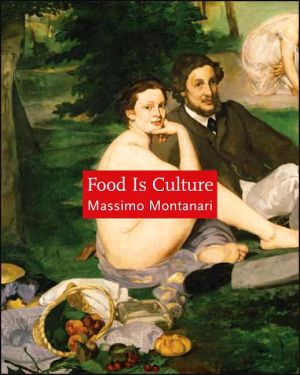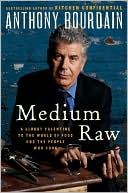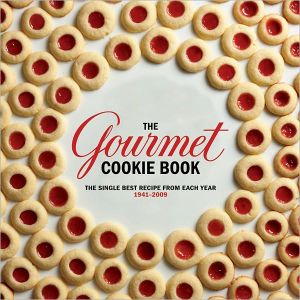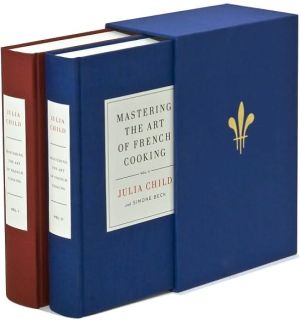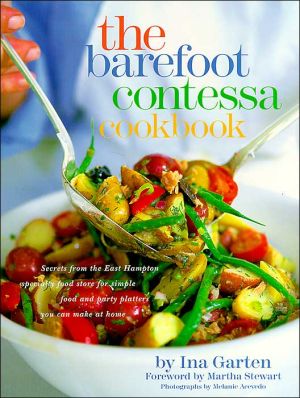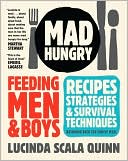Food Is Culture
Elegantly written by a distinguished culinary historian, Food Is Culture explores the innovative premise that everything having to do with food—its capture, cultivation, preparation, and consumption—represents a cultural act. Even the "choices" made by primitive hunters and gatherers were determined by a culture of economics (availability) and medicine (digestibility and nutrition) that led to the development of specific social structures and traditions.\ Massimo Montanari begins with the...
Search in google:
Elegantly written by a distinguished culinary historian, Food Is Culture explores the innovative premise that everything having to do with food& mdash;its capture, cultivation, preparation, and consumption& mdash;represents a cultural act. Even the "choices" made by primitive hunters and gatherers were determined by a culture of economics (availability) and medicine (digestibility and nutrition) that led to the development of specific social structures and traditions.Massimo Montanari begins with the "invention" of cooking which allowed humans to transform natural, edible objects into cuisine. Cooking led to the creation of the kitchen, the adaptation of raw materials into utensils, and the birth of written and oral guidelines to formalize cooking techniques like roasting, broiling, and frying. The transmission of recipes allowed food to acquire its own language and grow into a complex cultural product shaped by climate, geography, the pursuit of pleasure, and later, the desire for health. In his history, Montanari touches on the spice trade, the first agrarian societies, Renaissance dishes that synthesized different tastes, and the analytical attitude of the Enlightenment, which insisted on the separation of flavors. Brilliantly researched and analyzed, he shows how food, once a practical necessity, evolved into an indicator of social standing and religious and political identity. Whether he is musing on the origins of the fork, the symbolic power of meat, cultural attitudes toward hot and cold foods, the connection between cuisine and class, the symbolic significance of certain foods, or the economical consequences of religious holidays, Montanari'sconcise yet intellectually rich reflections add another dimension to the history of human civilization. Entertaining and surprising, Food Is Culture is a fascinating look at how food is the ultimate embodiment of our continuing attempts to tame, transform, and reinterpret nature. Rosemarie Lewis Copyright 2007 Reed Business Information - Library Journal Montanari is professor of medieval history and the history of food at the University of Bologna, Italy, and a well-respected scholar, having studied food for nearly 30 years. Best known in the United States for his award-winning Food: A Culinary History, Montanari here has provided students of anthropology with a wonderful text to approach the study of food and its transformative power over people and culture. He strives to be as inclusive as possible, and though there is a slight bias toward European history, he touches on important events in many cultures, including the way each region had its key cultivar: wheat in western Europe, rice in Asia, corn in the Americas, and sorghum in Africa. From the way cookbooks reflect the oral cooking traditions of the past to the way the mind influences taste, each short chapter analyzes a different facet of how food and culture evolved together. In the end, the author proffers a metaphor: food is a root, from which the history and spread of culture is visible as a flourishing plant. Recommended for larger academic libraries.
Series Editor's PrefaceIntroductionCreating One's Own FoodThe Invention of CuisineThe Pleasure and the Duty of ChoiceFood, Language, IdentityIndex\ Columbia University Press
\ Associated Content - Eve Lichtgarn\ A worthwhile indulgence.\ \ \ \ \ \ Wilson Quarterly - Tim Morris\ To read this disarming collection of brief essays is to witness a superbly stocked mind grappling with matters that are vital to human survival.\ \ \ \ Radical PhilosophyEloquent and shrewd.\ \ \ \ \ \ Associated ContentA worthwhile indulgence.\ — Eve Lichtgarn\ \ \ \ \ \ Wilson QuarterlyTo read this disarming collection of brief essays is to witness a superbly stocked mind grappling with matters that are vital to human survival.\ — Tim Morris\ \ \ \ \ \ Radical PhilosophyEloquent and shrewd.\ — Ken Hirschkop\ \ \ \ \ \ Library JournalMontanari is professor of medieval history and the history of food at the University of Bologna, Italy, and a well-respected scholar, having studied food for nearly 30 years. Best known in the United States for his award-winning Food: A Culinary History, Montanari here has provided students of anthropology with a wonderful text to approach the study of food and its transformative power over people and culture. He strives to be as inclusive as possible, and though there is a slight bias toward European history, he touches on important events in many cultures, including the way each region had its key cultivar: wheat in western Europe, rice in Asia, corn in the Americas, and sorghum in Africa. From the way cookbooks reflect the oral cooking traditions of the past to the way the mind influences taste, each short chapter analyzes a different facet of how food and culture evolved together. In the end, the author proffers a metaphor: food is a root, from which the history and spread of culture is visible as a flourishing plant. Recommended for larger academic libraries.\ —Rosemarie Lewis Copyright 2007 Reed Business Information\ \ \
